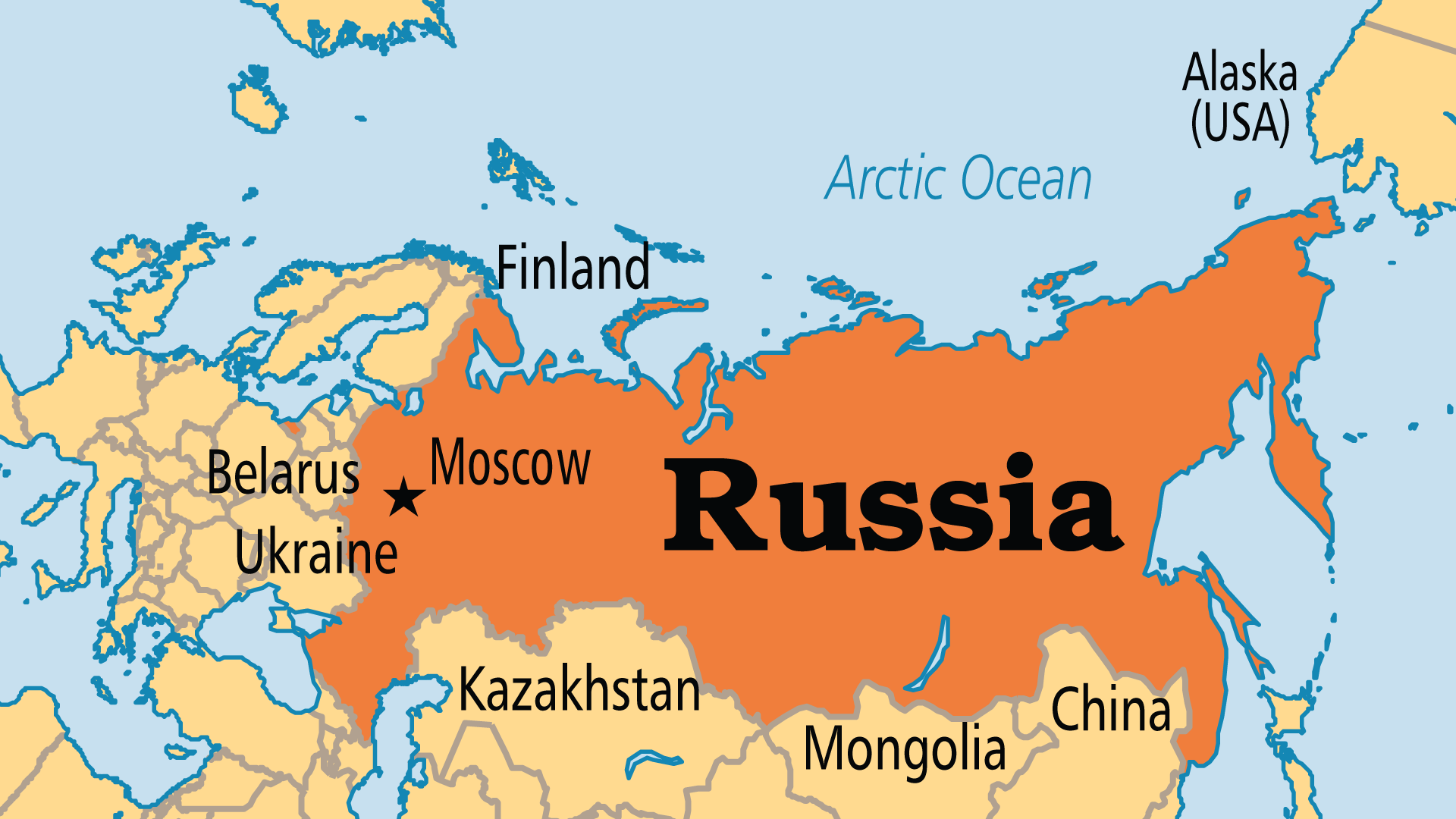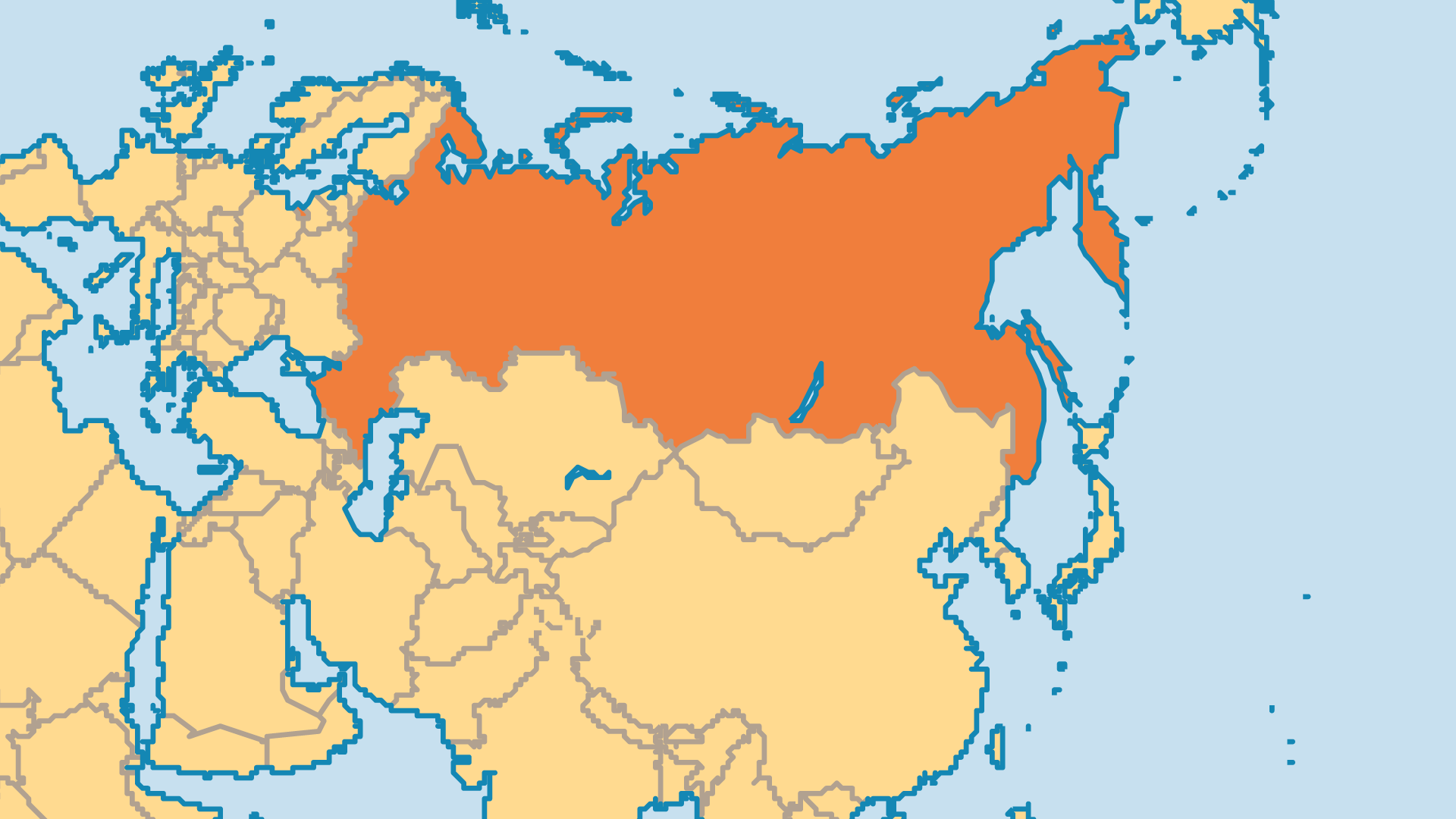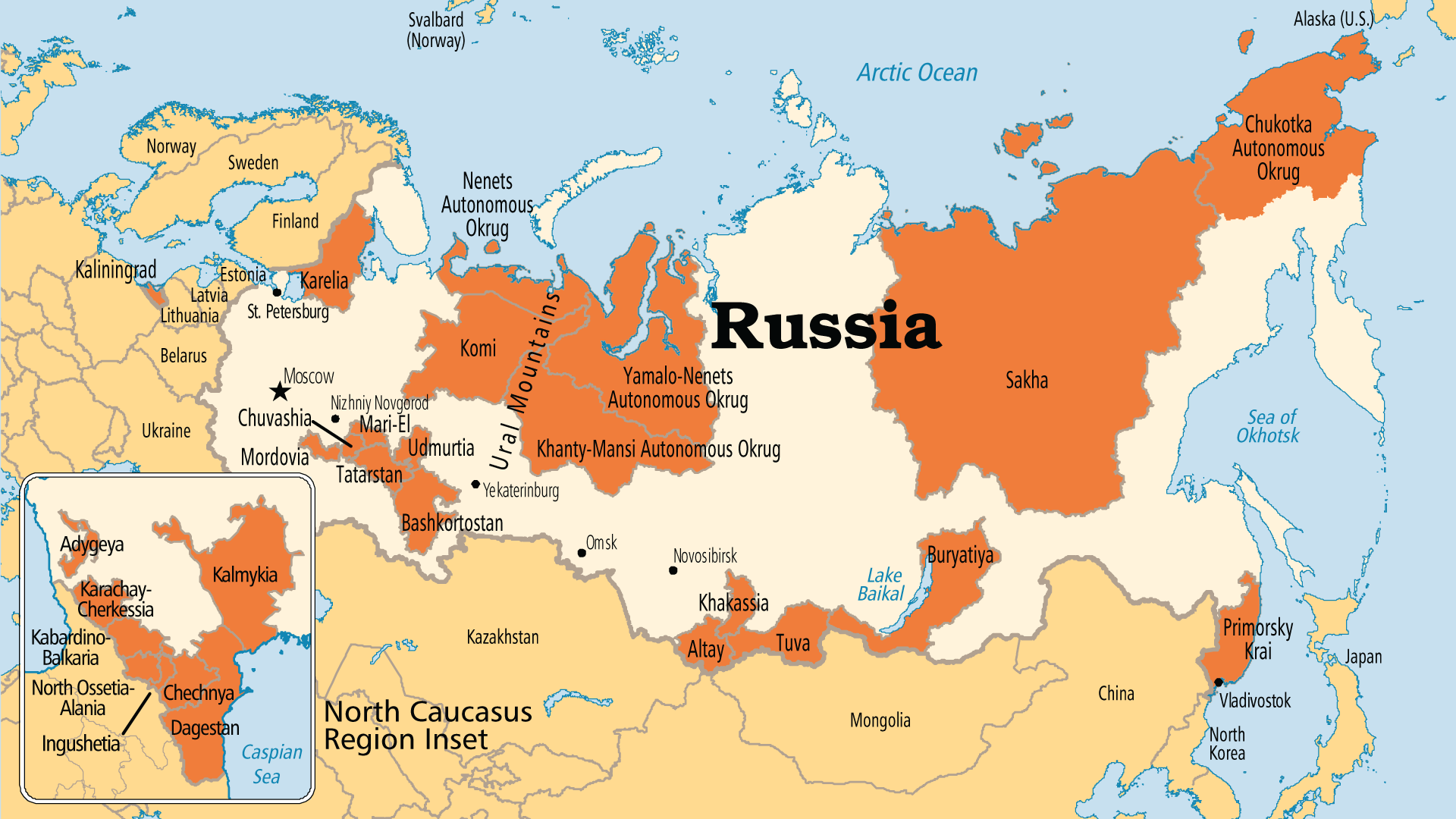Pray today
The Russian Orthodox Church (ROC) survived Communism, and remained a major symbol of Russian identity. It sees itself as the preserver of a great Christian civilization handed down from Rome and Byzantium. It endured terrible persecution (along with other Christian groups) between 1920 and 1990 when up to 200,000 Christian leaders died as martyrs. Tragically, it was also an instrument of war when its Patriarch – a former KGB agent and a long-time Putin ally – attempted to politically and theologically justify the invasion of Ukraine. Pray that repentance will come to the ROC, and that God would cleanse it of any corruption and heresy that has taken root. Pray that the ROC will make peace with other Christian groups, and will stop any activity to suppress or harm them. Pray for what renewal movements exist within Russian Orthodoxy. Russian Orthodoxy is culturally strong, but spiritually weak in the lives of most of its followers.
More
The fall of the Iron Curtain opened Eastern Europe and Central Asia to evangelism, church planting, rebirth of a Christian society, Bible translation work, and more. Churches more than doubled in number and in size, and the number of people who identify themselves as non-religious or atheist dropped by more than half from before 1991! Evangelicals tripled in number since 1991, and now have a recognized place within Russian religious culture. Their experience and maturity allow them to face with wisdom the agendas of both Western and Russian governments. But the days of fast growth (1990s) soon ended. Moscow and St Petersburg have only 10% of Russia’s population, but the largest amount of mission activity, ministry, and resources. Pray for effective outreach to all of Russia's far-flung cities and towns.
Evangelicals in Russia are in a time of both growth and pressure. Times have changed from the euphoria of the 1990s; in places such as St. Petersburg, non-Orthodox church attendance plateaued and may even be declining. The Church is settling in for the long haul as a small but significant minority. Much prayer is needed for:
- Growth, which has occurred, but not consistently. Evangelicals have trebled since 1991, a feat all the more impressive given overall population decline. Some large charismatic mega-churches that started in the 1990s now have more than 4,000 in attendance; other congregations remain stuck in Communist-era survival mode. Since 1991, the number of congregations for some Christian networks has multiplied 30-fold. Pray for sustainable, balanced growth that matches quality with quantity.
- Church unity, deliberately targeted by Communists in the past and even by the government and Orthodox Church today. Tensions remain between Baptists and renewalists, and between old-school Pentecostals and newer charismatics. While church networks - such as RUECB (Baptist), OTsKhVE (classical Pentecostal), ROSKyVeP and SKhVEP (Pentecostal/charismatic) and ACCR (charismatic) - join many thousands of congregations among them, there is still no effective national-level body drawing together all Russian evangelicals. Pray for a Russian Evangelical Alliance, for the regional interdenominational committees and for the National Prayer Breakfast, all of which can play key roles in uniting believers.
- The decline of the more-traditional Protestant groups, which had been rapid, especially since 1991. Many of the evangelical population under Communism were ethnically German - now most Mennonites, many Lutherans and Baptists have emigrated to Germany. These more historic denominations held more respect from the Orthodox establishment, but their potential impact as a bridge disintegrated along with their plummeting numbers. Pray that those who remain would regain a heart for the Russian nation and its people and work toward the salvation thereof.
Christian leaders, who are few in number, must rise to many great challenges. Lack of training in the past, need for funding today and loss of many pastors and educators through emigration contribute to this lack of leaders. The role of foreigners will be highly limited; solutions must come from within Russia. The greatest challenge may be navigating international condemnation of Russia – including from the global Christian community – while also being under the Kremlin’s watchful eye. The balance of “honouring the emperor” (I Pet 2:17) while also speaking truth to power is most difficult. Pray for wisdom and courage for our Russian brethren!
Pray for a vision for outreach. Many churches, especially newer groups, have ambitious goals for evangelism and church planting - locally, regionally and nationally. Pray that this new spirit of faith and expectancy will result in great fruit from the effective proclamation and demonstration of the gospel. Pray for:
- Church planting. Thousands more churches need to be planted; 90% of Russians still have no meaningful link to any kind of church - Orthodox, Protestant or otherwise. There is one Protestant church for every 18,000 people in Russia, and 42 of Russia's 125 largest cities had no evangelical church as of 2009. The NT Church of Perm - which meets in what was once Lenin's Palace of Culture - planted 300 daughter churches from 1991 to 2009 and aimed to plant 100 more in 2009 alone. The goal of Russian Baptists, together with SGA, is to see a Bible-preaching church accessible to each of Russia's 100,000 communities.
- A vision for social transformation and activism. Newer churches and younger people in particular are engaging with many needs of society - ministry to the poor, to widows and orphans, to those in prison, to those with HIV/AIDS and to drug addicts. Such ministry is also winning evangelicals a better name with the government and opening doors for collaboration with the Orthodox Church. Pray for the passion, the funding and the people to be sufficient in order to see a powerful gospel impact in this way.
- An indigenous, trans-denominational network to emerge. Most of the larger groups have an admirable desire to plant new congregations; getting them to work together would be a true answer to prayer. There needs to be initiative and funding for research and publicity as well as envisioning for Russian believers.
- Missions mobilization. For years, Russian culture and language dominated while those of ethnic minorities were suppressed. Nearly 20% of the population are non-Russian and speak 100 languages. Pray for a mission vision in the Russian Church, and for the ability to bridge the cultural and social barriers Russian missionaries face; the legacy of imperialistic Tsars, Russian Orthodoxy and Communists puts them at a disadvantage. Ukrainians are more active than Russians in cross-cultural outreach in Russia. Pray for the launching of many more Russian mission agencies.
Unreached peoples. There are 78 ethnic minorities considered unreached, totalling over 13 million in population. Most expatriates and even Russian ministries focus on reaching ethnic Russians. Moscow operates as the centre of the former Soviet world, and nearly every ethnicity from the fSU can be found there. Most of these ethnicities are more accessible and open away from their home location and cultural setting. Pray for effective partnering and viable strategies to plant churches among them.
- Muslims number over 17 million and account for the majority of non-Russians in the Russian Federation. Their growth and the ethnic-Russian decline could make Muslims a majority in Russia by the end of the 21st Century. The largest groups are Tatars (5.5 million) and Bashkirs (1.6 million), but there are also many Central Asians and peoples of the Caucasus. Undocumented and often illegal, millions of Central Asians live as temporary workers in Russia. Pray for openness to the gospel on the part of Muslims, and a loving and sensitive passion for their salvation on the part of Christians in Russia.
- The Romani (Gypsy) live scattered over European Russia with many in the Urals; they are significantly Christianized but also heavily marginalized. Some areas see an awakening and churches planted. About 5% of Russian Gypsies are evangelical.
- The Chinese number over 50,000 in Moscow alone and over one million nationally, including temporary migrant workers in Siberia and the Russian Far East. They are largely unevangelized, though a few dozen small churches exist. Russian attitudes toward Chinese are poor, but Chinese in China and abroad have a growing heart to reach these unappreciated workers who are essential to Asiatic Russia's economy.
- The 16.5 million Russians of the "near abroad". The collapse of the USSR left many as ethnic minorities in the 15 new states formed, where they are often resented. Their status and future are far from secure. Nearly 20 million Russians emigrated back to the Russian Federation in the last 25 years - often with few possessions. Pray that many among them might be receptive to the gospel and in turn gain a burden for the non-Christian peoples among whom they lived.
More Information
- Get all of this content and daily notifications in our free mobile app. Download here ›
- Sign up for a daily e-mail that gets you the featured prayer point of the day straight to your inbox.
- This content is a curated selection of points from our book, Operation World. Find out more about it and all the rest of Our Publications ›
Content taken or adapted from Operation World, 7th Edition (2010) and Pray for the World (2015). Both books are published by InterVarsity Press. All rights reserved.



